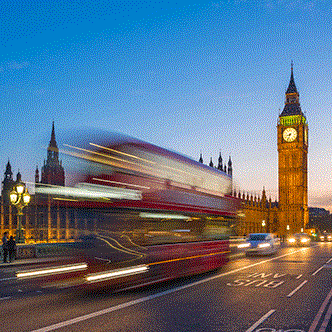
Noisy roads may be more than just a nuisance, according to a study that linked high levels of road traffic noise to increased risk for stroke and death, particularly among the elderly.
Published in the European Heart Journal, this study examined the effects of traffic noise in London—one of Europe’s largest cities—on hospital admissions and death. Similar to air pollution, ongoing exposure to noise pollution can have a negative impact on health and may increase risk for a number of conditions, like high blood pressure.
Although past studies have linked traffic noise to increased risk for high blood pressure, researchers wondered if this translated to increased risk for stroke and even death. High blood pressure is a major risk factor for stroke, and exposure to road traffic may put individuals at even greater risk for heart events.
Using national hospital data, researchers compared hospitalization rates with daytime and nighttime noise patterns in downtown London. Based on patients’ home addresses, researchers found that living near especially loud daytime traffic increased risk for stroke by 5% in young adults (adults over 25) and by 9% in the elderly (adults over 60). Daytime noise also increased risk of death by 4% in adults.
Findings support the association between traffic noise and increased risk for high blood pressure and stroke. Experts believe that ongoing exposure to traffic noise puts added stress on the body, causing inflammation and an increase in blood pressure. Too much noise at night can also interrupt sleep patterns, taking a further toll on the body.
Over time, these small changes can have a big impact on health, increasing risk for high blood pressure, stroke and even death. Elderly populations may be especially vulnerable to the effects of noise pollution, as they’re already at increased risk for high blood pressure and stroke.
Of course, this doesn’t mean that we should avoid cities and busy areas altogether. However, it’s important to be aware of the potential impact of loud traffic on health over time. When possible, we should limit the amount of time spent in areas with loud traffic noise, especially during the daytime when traffic is heaviest.